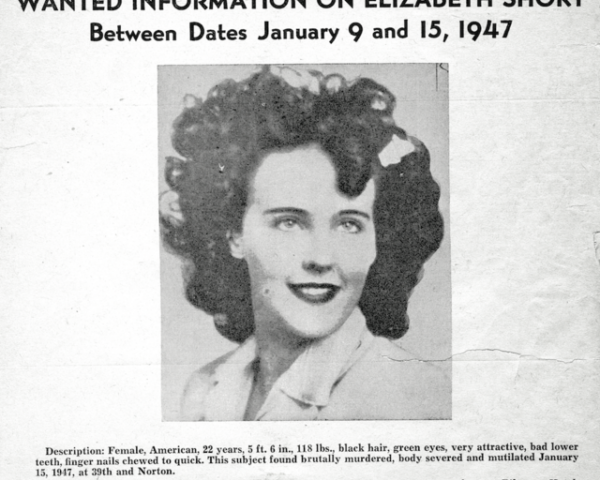On January 15, 1777, in the depths of the American Revolutionary War, a rugged, contested frontier known as New Connecticut—today’s Vermont—took a step few dared: it declared itself an independent polity. The declaration did not pledge allegiance to Britain, nor did it seek immediate…
Read MoreOn January 15, 1947, the lifeless body of Elizabeth Short, a young aspiring actress, was discovered in a vacant lot in Los Angeles. The details surrounding her death were horrifying—Short’s body was severed at the waist, and her mouth was slashed, earning her the…
Read MoreOn January 15, 2001, the internet was forever changed with the founding of Wikipedia, a bold experiment in democratizing knowledge created by Jimmy Wales and Larry Sanger. Emerging as a free-content online encyclopedia, Wikipedia quickly transformed how people access and share information, evolving into…
Read MoreOn January 14, 1973, Elvis Presley solidified his reputation as the King of Rock and Roll with the groundbreaking broadcast of his concert, Aloha from Hawaii, live via satellite. This remarkable event not only showcased Elvis at the height of his career but also…
Read MoreThe Summer of Love, a cultural phenomenon in 1967, is often remembered as a defining moment in the counterculture movement of the 1960s. It was a period characterized by a celebration of peace, love, and unity, with San Francisco’s Haight-Ashbury district emerging as the…
Read MoreAmid one of the most catastrophic retreats in British military history, a single exhausted rider emerged from the mountain passes of eastern Afghanistan. Slumped in the saddle, wounded, frostbitten, and barely conscious, William Brydon, an assistant surgeon in the British East India Company Army,…
Read MoreJohnny Cash’s performance at Folsom Prison on January 13, 1968, stands as one of the most iconic moments in music history, symbolizing a bridge between the rebellious spirit of rock and roll and the gritty reality of the incarcerated. Cash, known for his deep,…
Read MoreOn the morning of January 13, Hawaiians were jolted by an alarming emergency alert warning of an imminent missile strike. The message, which appeared on phones, televisions, and radios, read: “BALLISTIC MISSILE THREAT INBOUND TO HAWAII. SEEK IMMEDIATE SHELTER. THIS IS NOT A DRILL.”…
Read MoreOn January 12, 1962, the Vietnam War crossed a quiet but decisive threshold. In a rubber plantation northwest of Saigon, American helicopters ferried South Vietnamese troops into combat against communist guerrillas, marking Operation Chopper—the first American combat mission and first U.S.-backed helicopter assault of…
Read MoreThe Persian Gulf War, also known as the First Gulf War or Operation Desert Storm, was a conflict that took place from August 2, 1990, to February 28, 1991. It was triggered by Iraq’s invasion and annexation of Kuwait, which was met with international…
Read More










